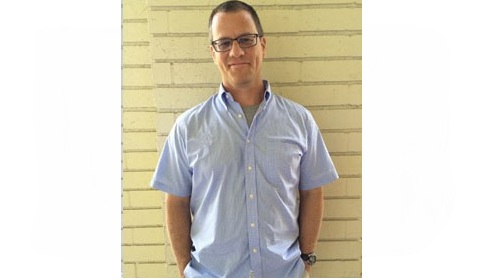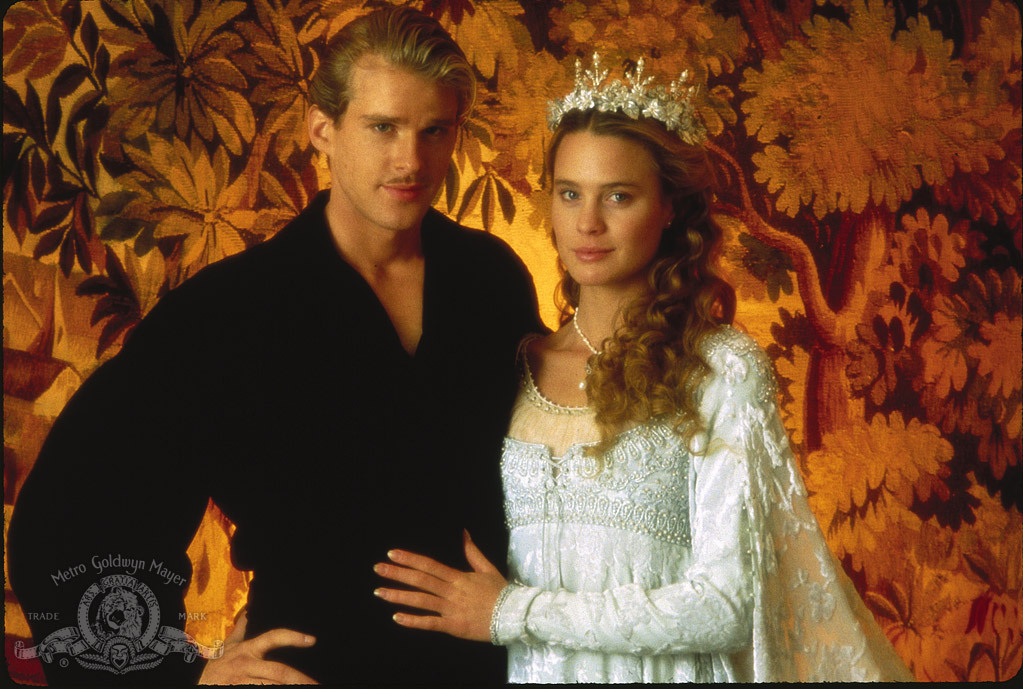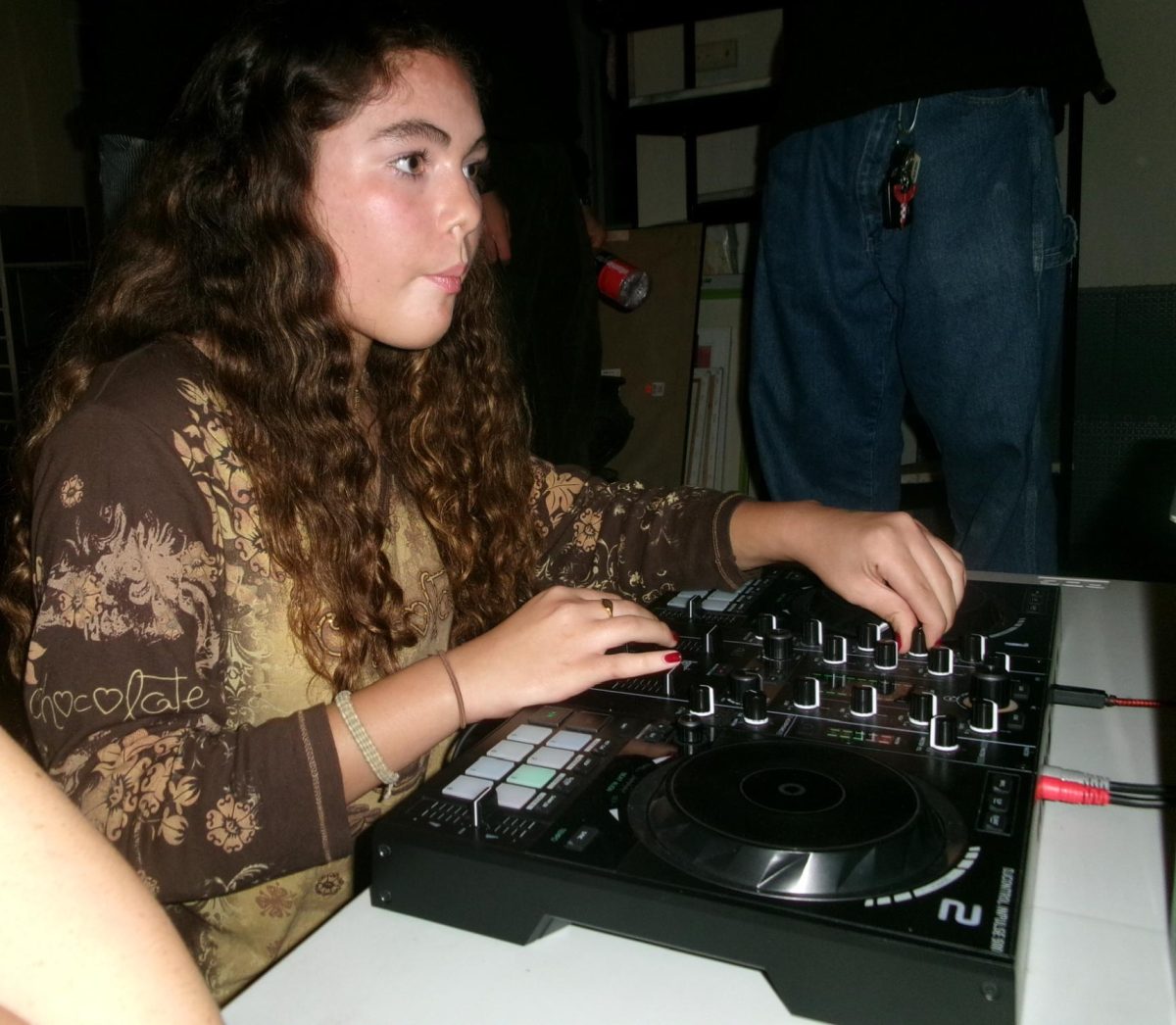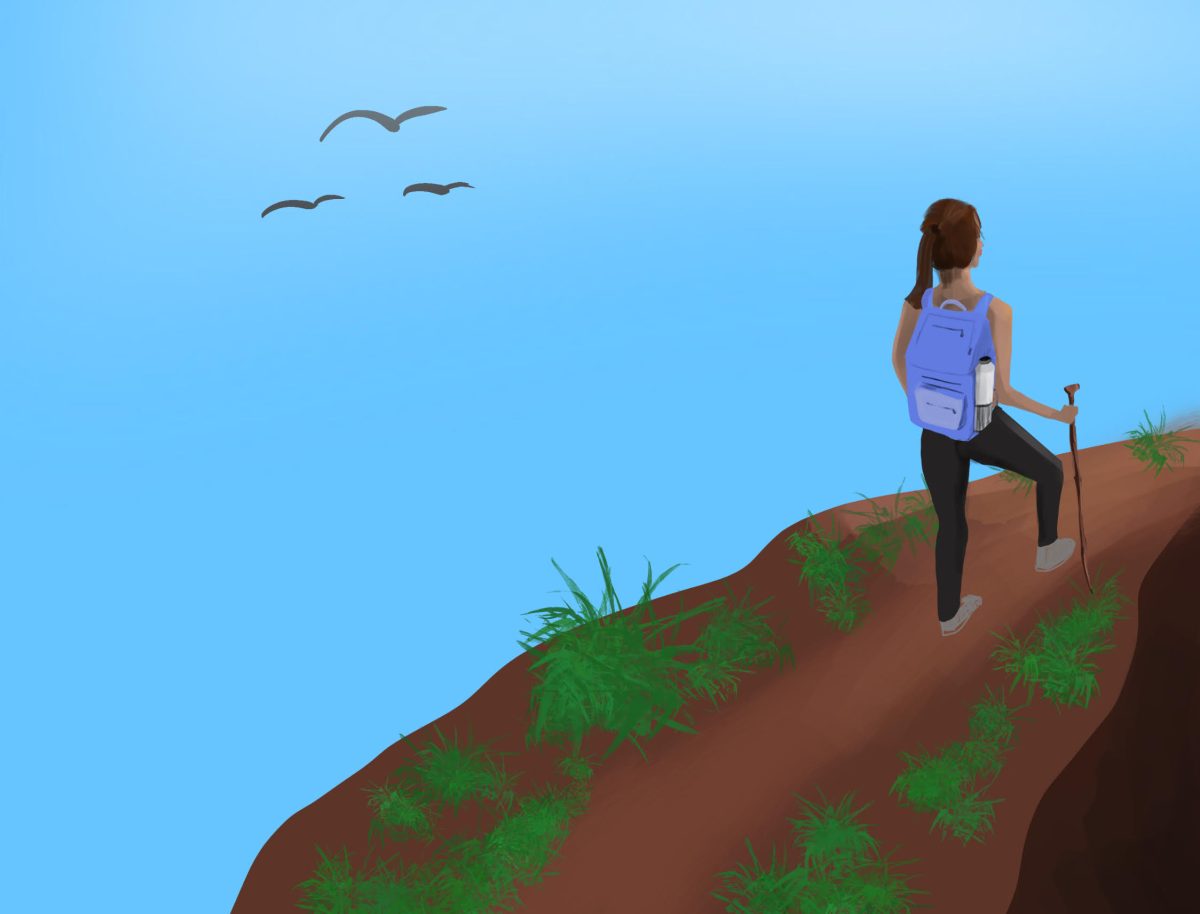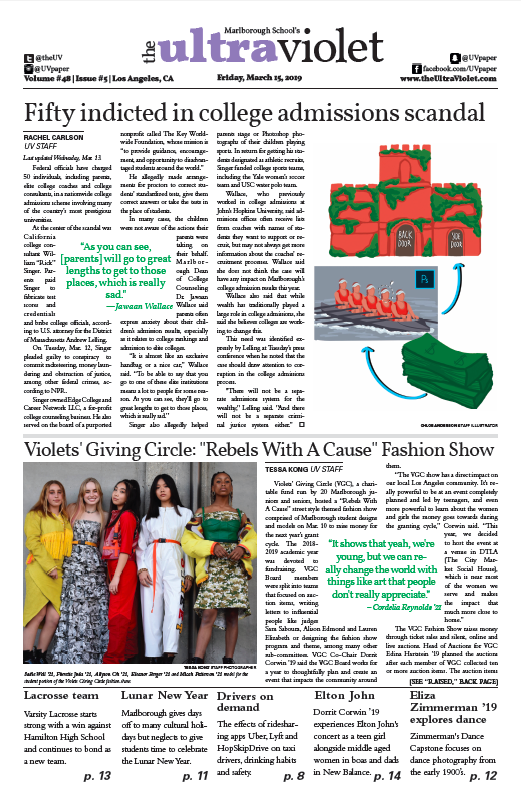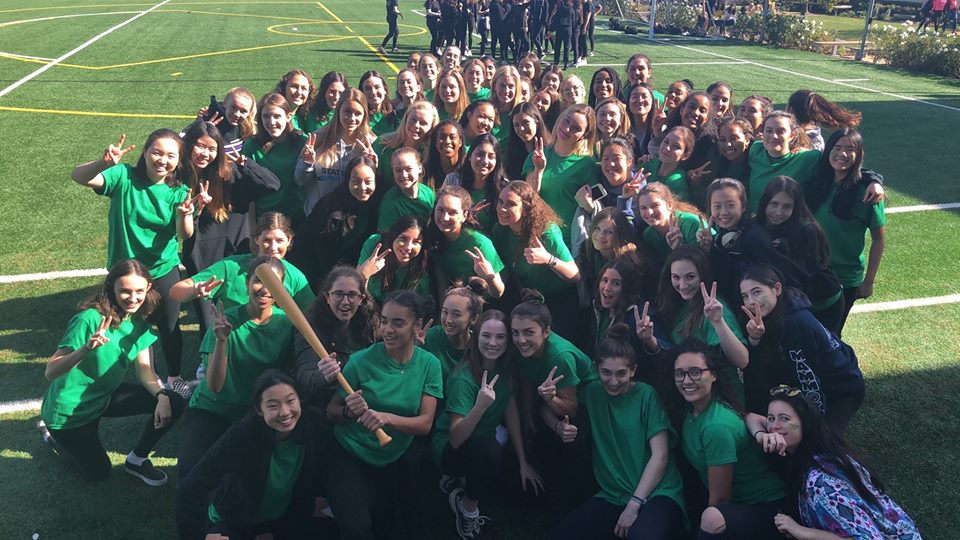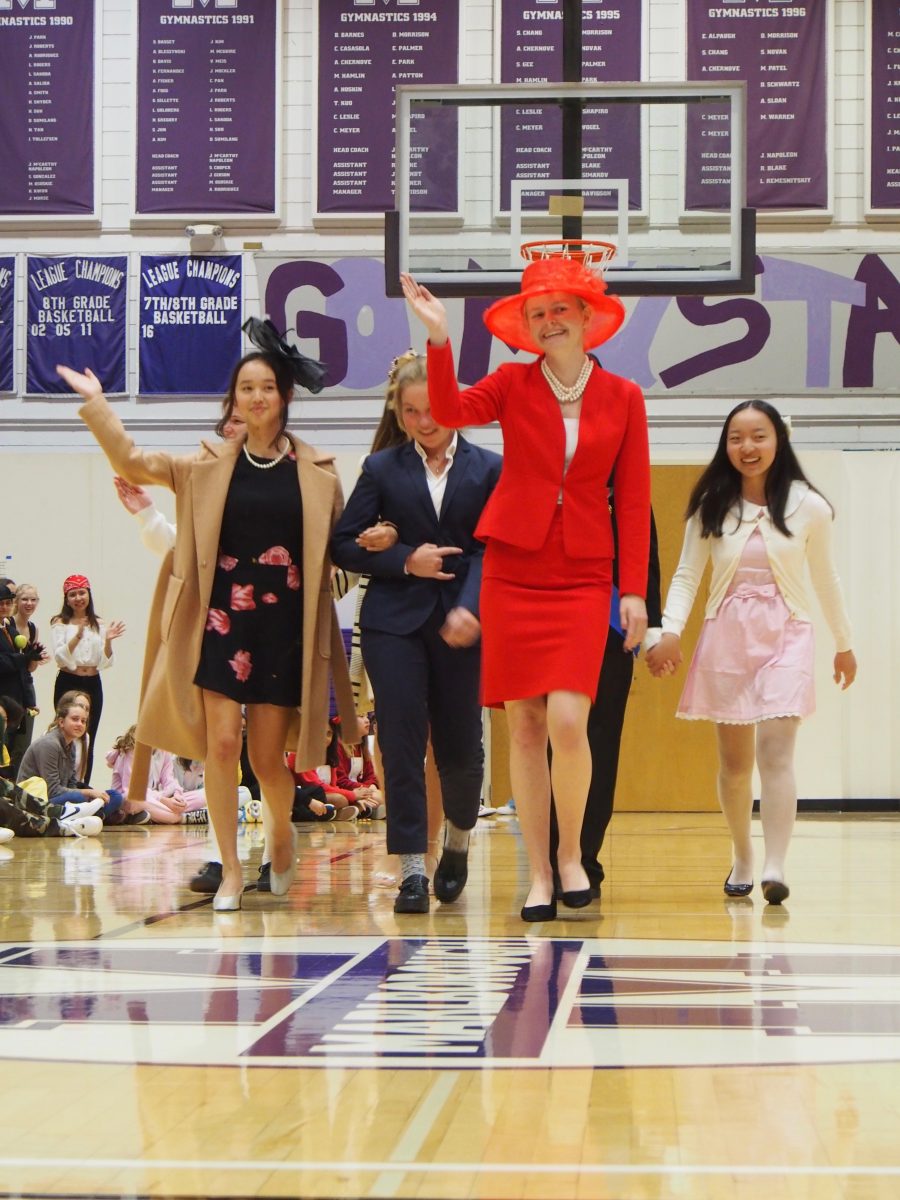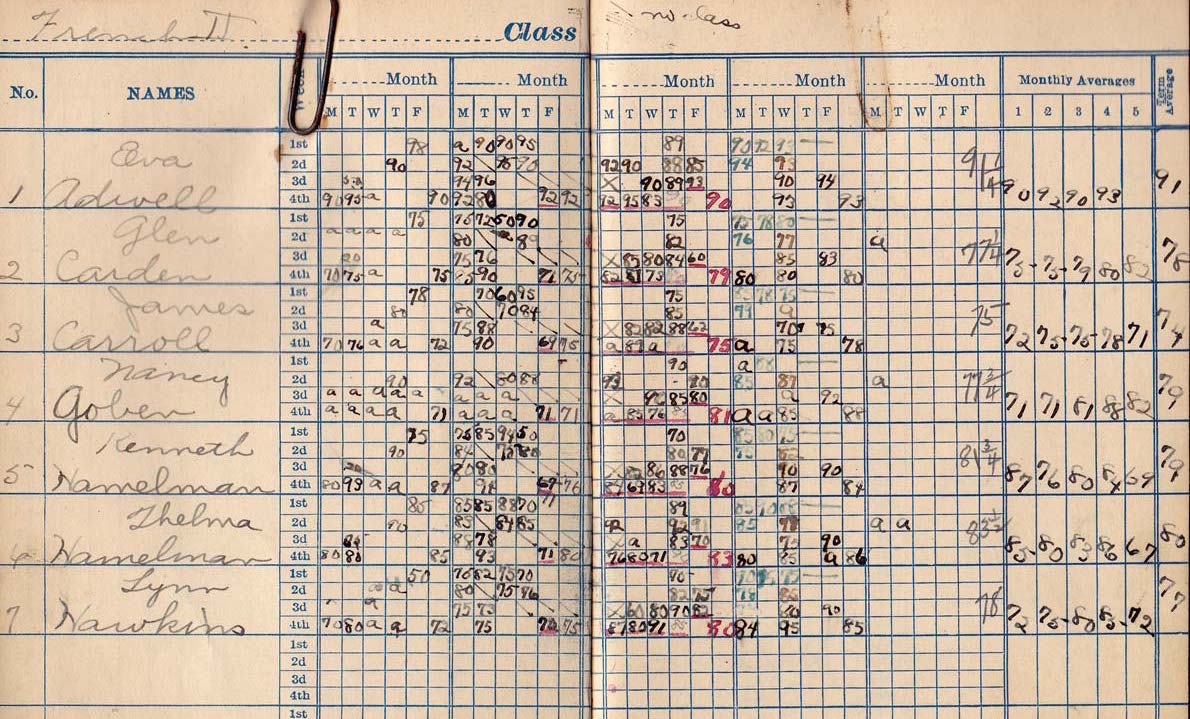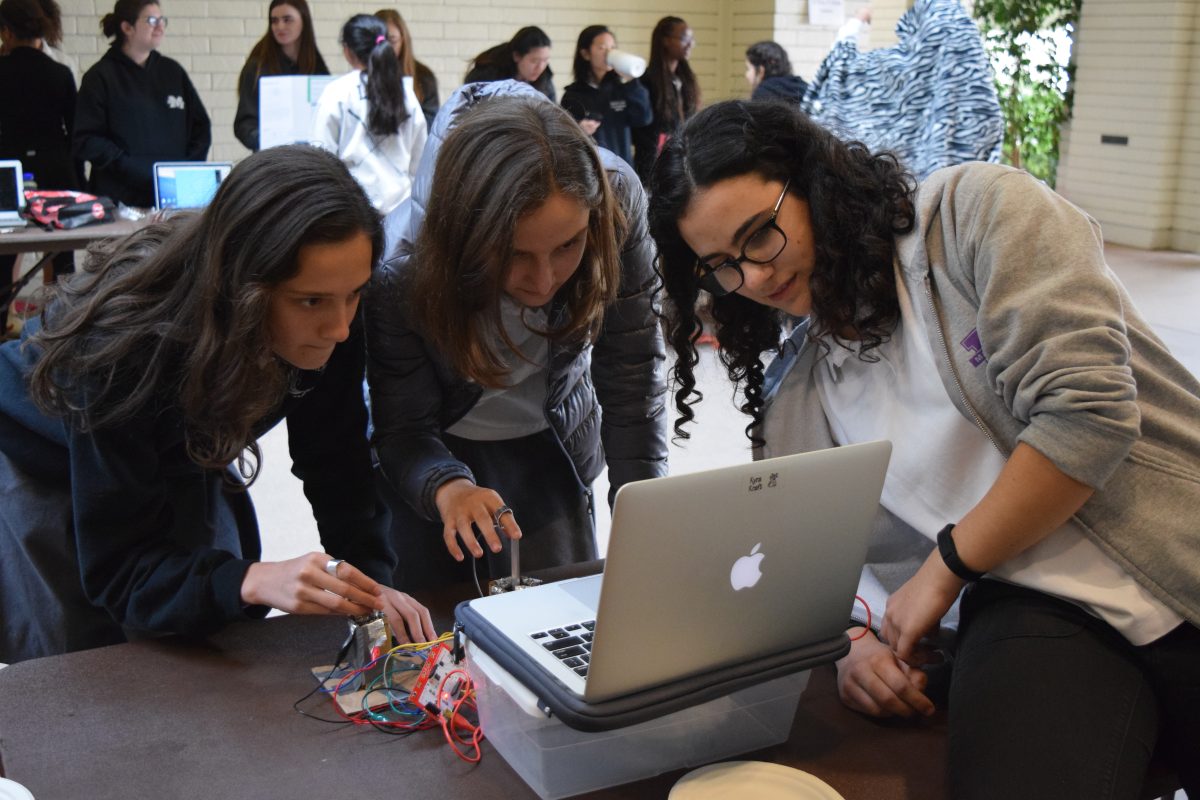All PhD students must write a dissertation—a lengthy piece of original research meant to contribute to the scholarly community—in order to complete their degree and graduate from their program. After about six and a half years of work, history and social sciences instructor Tom Millar completed his PhD in American History at UCLA.
Years after completing his dissertation, which ended up being around 400 pages long, Millar said that he remembers looking back at it and being pleasantly surprised.
“I thought I was going to look at it and think it was much worse than it was…and impressed is probably too strong a word, but I remember thinking, ‘Oh this is actually pretty good!’,” Millar recalled.
Millar, who majored in history as an undergraduate, said that he chose to study American history in graduate school partly because of the less stringent language requirements. Studying European history, for example, requires knowledge of several other languages such as Middle English and Latin, whereas studying American history requires knowledge of only one additional language.
“It will sound weird that I passed the French competency test…[because] on the surface, my topic was looking at American public opinion about China in the 30s and 40s, but I know no Chinese. And I ended up learning a lot about Chinese history because I had to have a sense of what was actually going on in China versus… the way that Americans talked about what was going on in China,” Millar explained.
Milllar added that he chose his topic because he wanted to explore whether public opinion had much of an influence on foreign policy, and also because of the way many Americans perceived China at the time.
“China became one of these places [where] a lot of Americans thought, ‘Oh, the Chinese, they’re a people who want to become like Americans’… Americans had such a distorted, optimistic, sunny sense of China, and [thought] that it was about to become a Christian, democratic nation that when there [was] a civil war there and then the Chinese communists did better and better and ended up winning, it just didn’t register,” Millar said.
In addition to reading countless books and magazine articles, Millar traveled to the Franklin Delano Roosevelt Library and the National Archives in Washington, D.C. in order to access old newspapers and documents.

